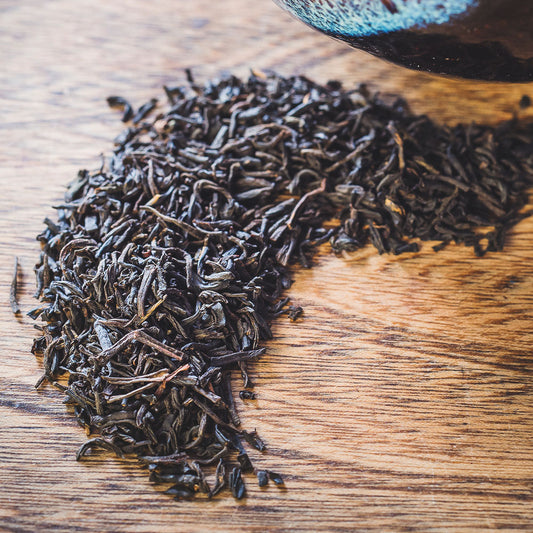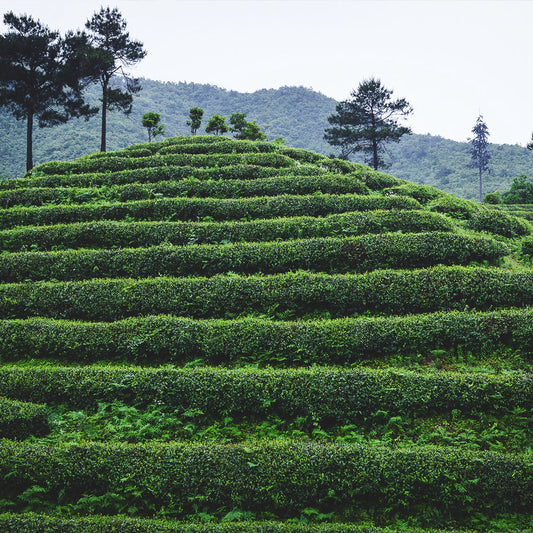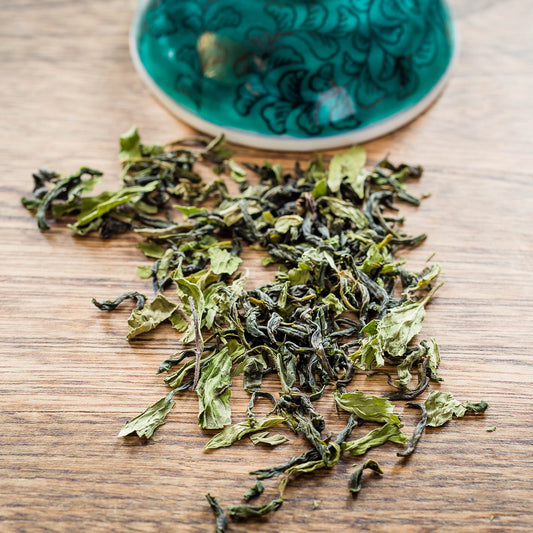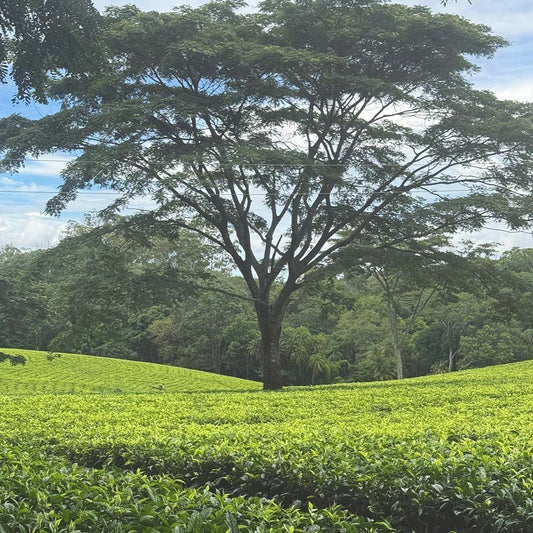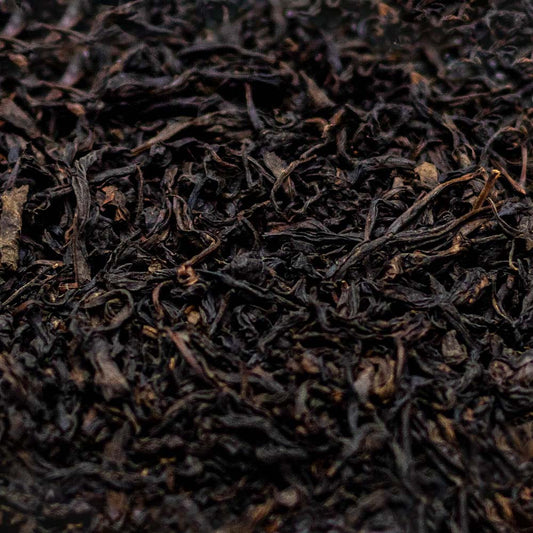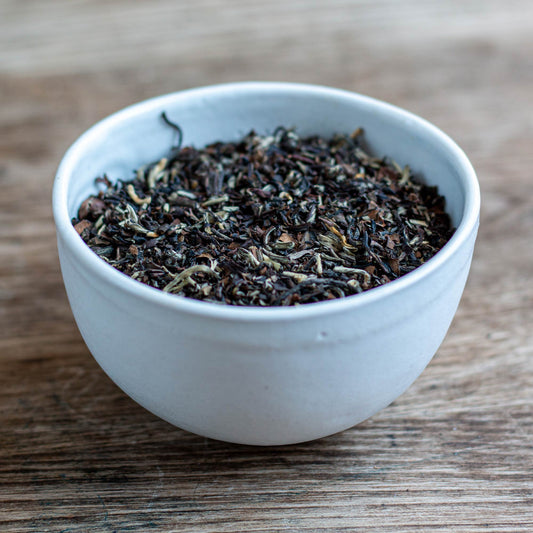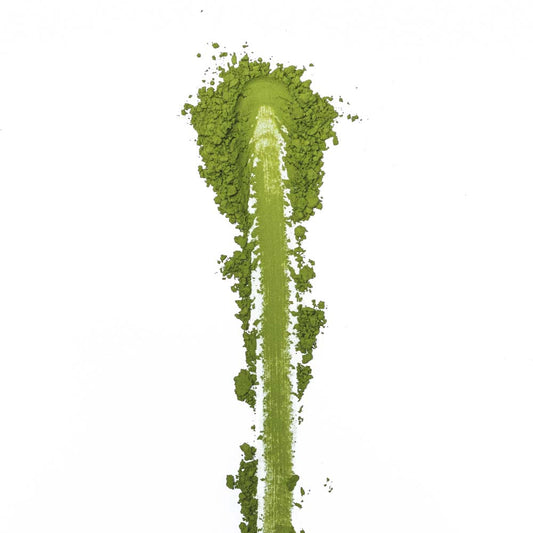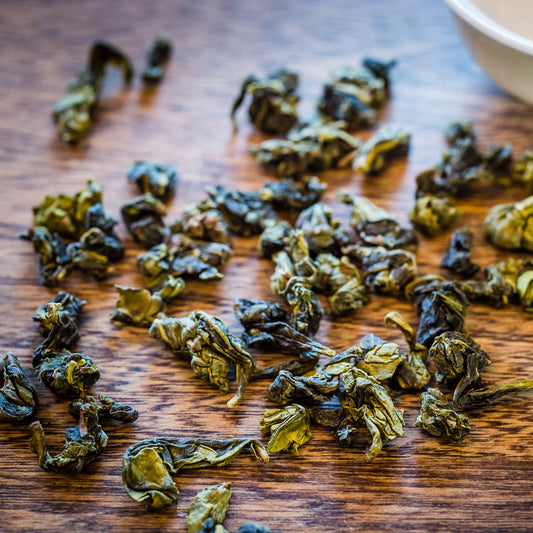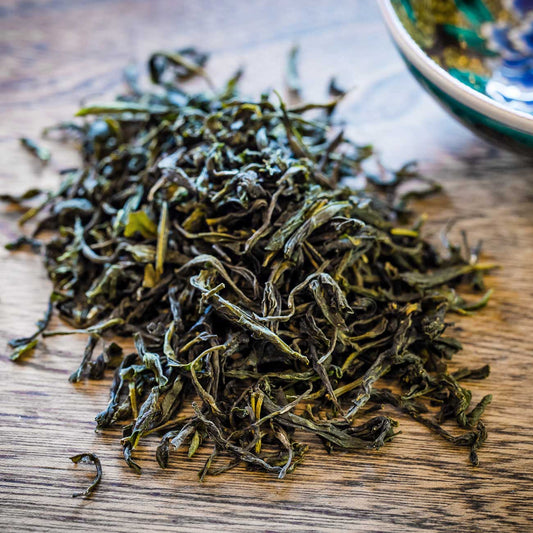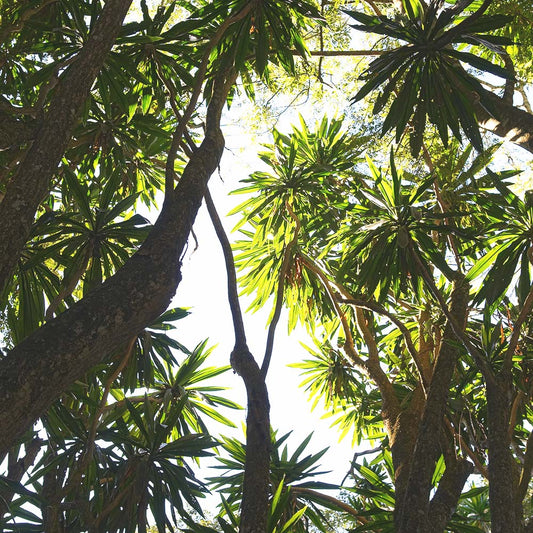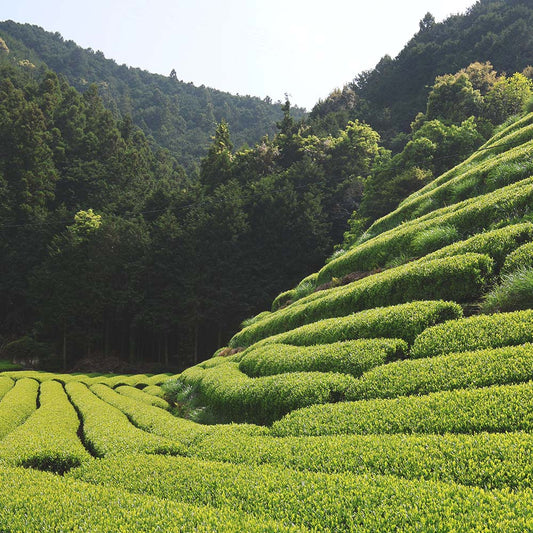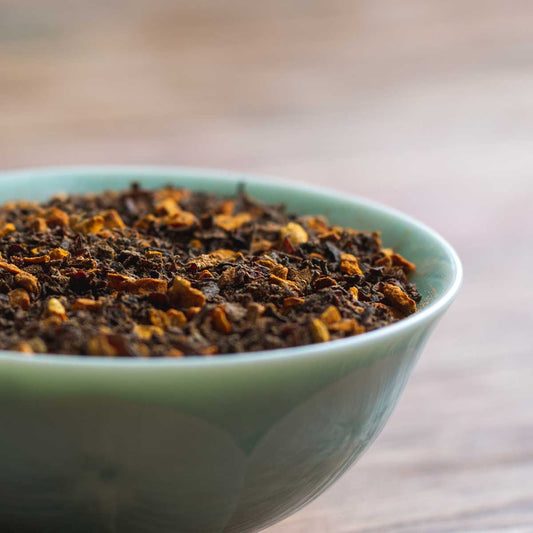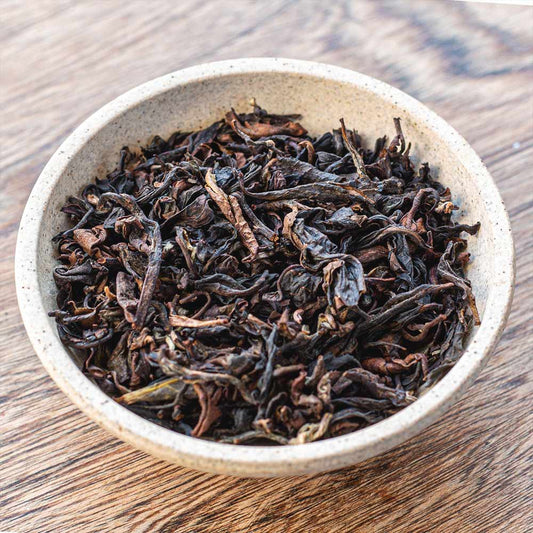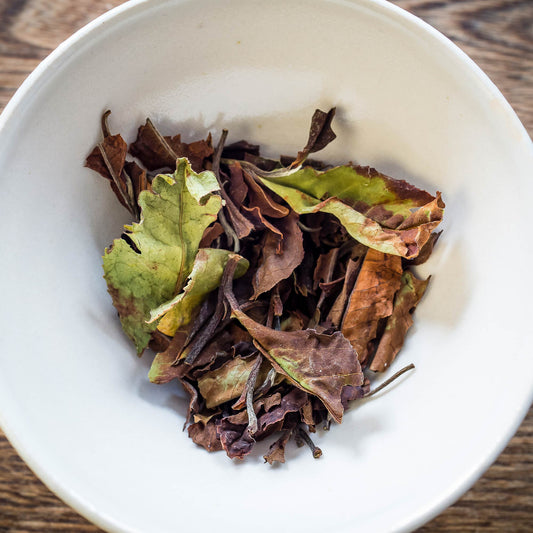Fair Trade Loose Leaf Tea
All of our teas and herbs are fairly traded - bought directly from our partner farms around the world, for the price they set. A simple idea, but one that disrupts the status quo, where tea is usually bought and traded by brokers as a commodity for the lowest price - at the expense of the people who grow and craft it. Read more...
Shop 92 Rare Tea Co Fair Trade Loose Leaf Tea Products
-
Tarry Lapsang Souchong
9 reviewsRegular price €12,95Regular price€0,00 €0,33 per cup€0,00Sale price €12,95 -
Chinese Longjing
7 reviewsRegular price €11,95Regular price€0,00 €0,48 per cup -
Green Tea & Mint
15 reviewsRegular price €7,95Regular price€0,00 €0,32 per cup -

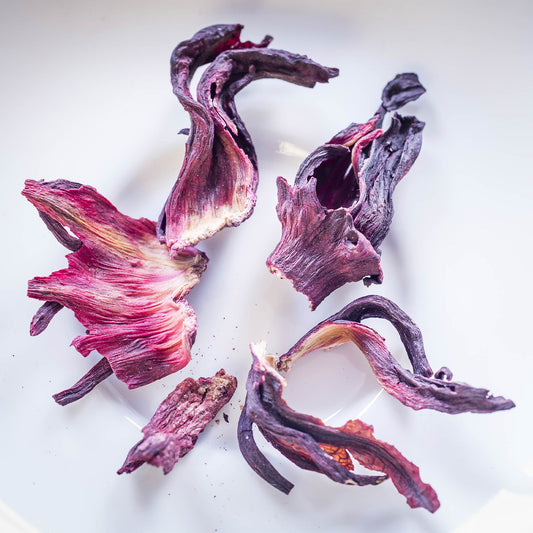 Caffeine Free
Caffeine FreeRare Hibiscus Flowers
14 reviewsRegular price From €7,95Regular price€0,00 €0,11 per cup -

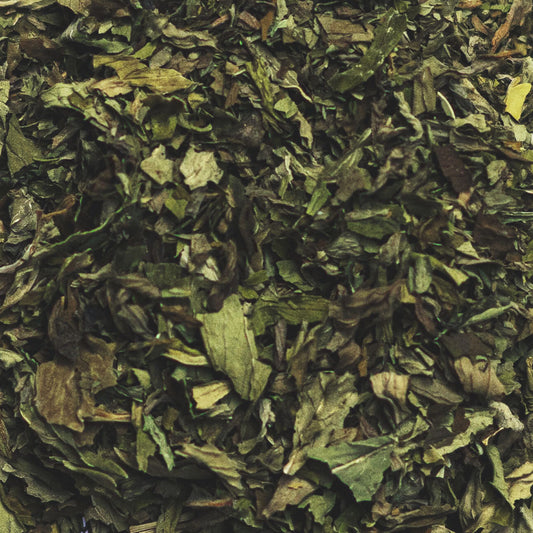 Caffeine Free
Caffeine FreeMalawi Spearmint
11 reviewsRegular price From €5,95Regular price€0,00 €0,20 per cup -
Nepali Himalayan Black
15 reviewsRegular price €15,95Regular price€0,00 €0,40 per cup -
Malawi Leafy Pu'er
12 reviewsRegular price €14,95Regular price€0,00 €0,25 per cup -
Da Hong Pao Oolong
13 reviewsRegular price €15,95Regular price€0,00 €0,43 per cup -
New Zealand Waikato Black
15 reviewsRegular price €27,95Regular price€0,00 €0,70 per cup -

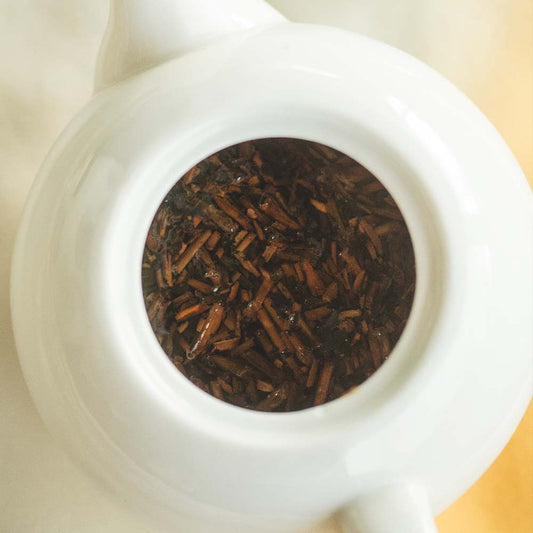 Sold out
Sold outJapanese Hojicha
3 reviewsRegular price From €7,95Regular price€0,00 €0,40 per cup -
Broken Cloud Iced Tea
10 reviewsRegular price €7,95Regular price€0,00 €0,18 per cup -
Sri Lankan Hand Rolled
8 reviewsRegular price €14,95Regular price€0,00 €0,63 per cup -
Japanese Ceremonial Latte Matcha
5 reviewsRegular price From €11,95Regular price€0,00 €0,96 per cup -

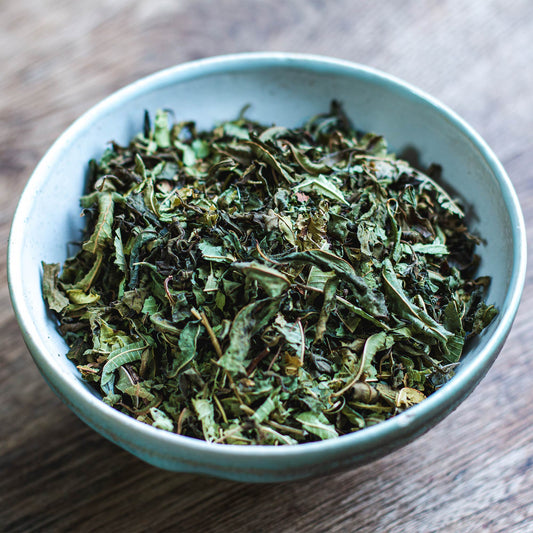 Caffeine Free
Caffeine FreeMalawi Lemon Verbena
3 reviewsRegular price From €5,95Regular price€0,00 €0,20 per cup -
Chinese Emerald Green
12 reviewsRegular price €47,95Regular price€0,00 €0,24 per cup -
Chinese Misty Green
5 reviewsRegular price From €5,95Regular price€0,00 €0,24 per cup€0,00Sale price From €5,95 -
Malawi Mountain Moto
8 reviewsRegular price €9,95Regular price€0,00 €0,41 per cup -
Japanese Sencha
6 reviewsRegular price €29,95Regular price€0,00 €0,60 per cup -

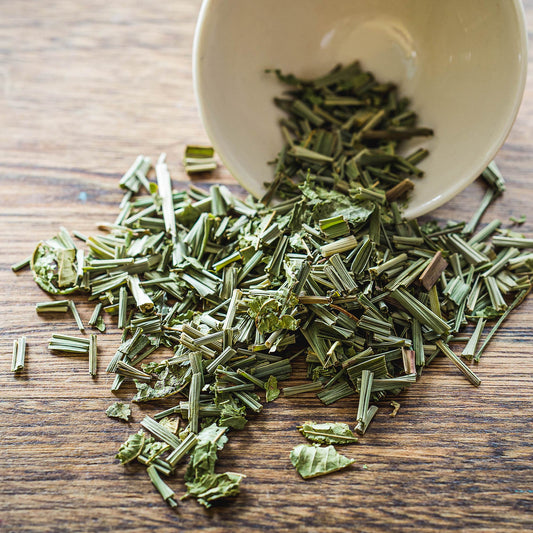 Caffeine Free
Caffeine FreeLemon Blend
14 reviewsRegular price From €9,95Regular price€0,00 €0,27 per cup -
Golden Masala Chai
3 reviewsRegular price From €9,95Regular price€0,00 €0,25 per cup€0,00Sale price From €9,95 -
Rare Pipachá Oolong
11 reviewsRegular price €22,95Regular price€0,00 €0,51 per cup -
Rare Malawi Peony
5 reviewsRegular price From €10,95Regular price€0,00 €0,55 per cup -

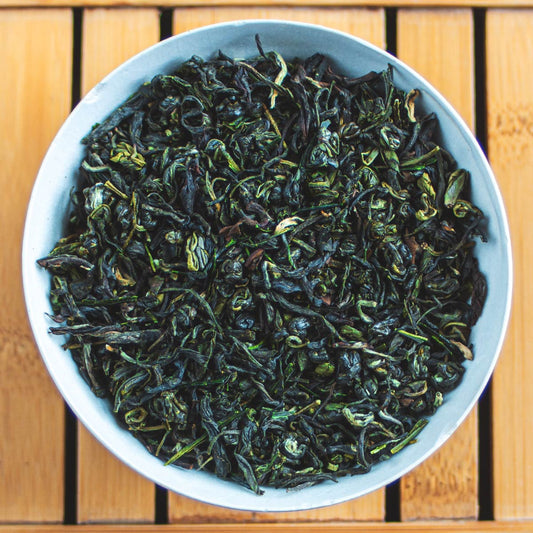 Sold out
Sold out21st Century Breakfast
10 reviewsRegular price €18,95Regular price€0,00 €0,25 per cup -

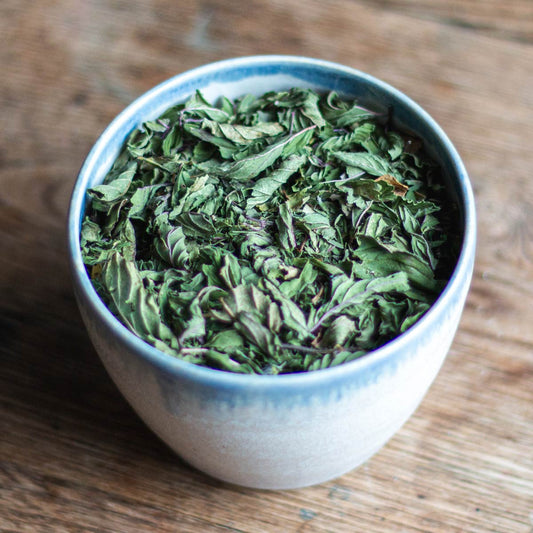 Caffeine Free
Caffeine FreePortuguese Peppermint
7 reviewsRegular price From €12,95Regular price€0,00 €0,17 per cup



